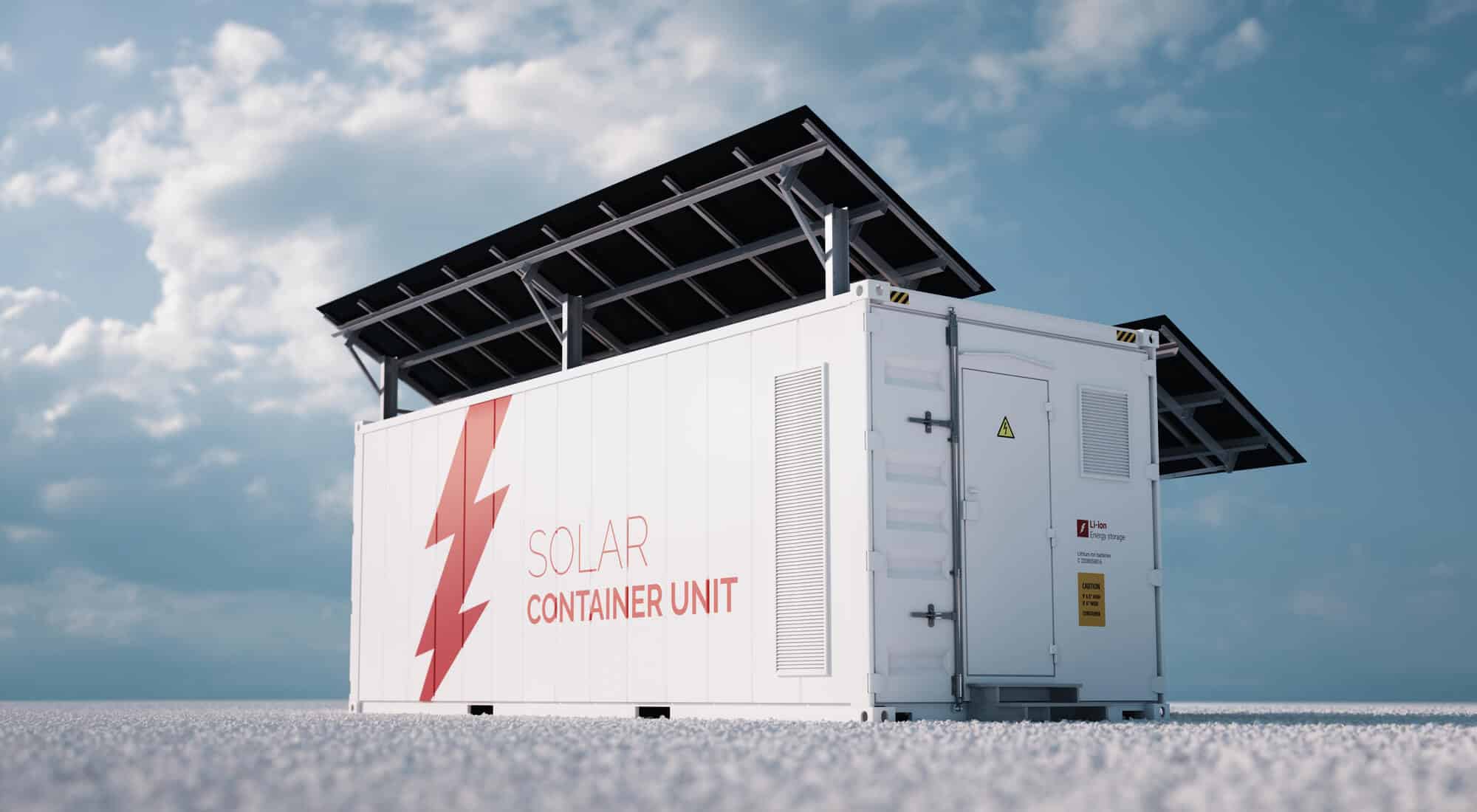The institute will be established under the auspices of the Ministry of Energy, and will work to develop breakthrough technologies for the accumulation and conversion of energy using electrochemical methods, to establish personnel training systems and to promote start-up companies

Bar-Ilan University and the Technion won a call published by the Ministry of Energy for the establishment of a national research institute in the field of energy storage. NIS 130 million will be invested in the establishment of the institute over five years, of which the ministry will invest about NIS 100 million, and the rest the winning institutions. The aim of the institute is to allow the energy sector in Israel to make a leap forward in response to the national strategic challenges in the field, with a global and applied vision.
Throughout the world, in recent years considerable efforts have been made to increase the use of renewable energy sources, primarily solar radiation which can be turned into electricity using photovoltaic cells. At the same time, the world of transportation is also undergoing a transformation and electric vehicles are becoming more and more common. Electrochemistry is required to provide solutions for both efficient electric transportation and energy storage at any scale, through a hydrogen economy and rechargeable batteries built from the elements common in nature.
In Israel, a world-renowned research community operates in this field, whose central bases are located at Bar-Ilan University and the Technion. The researchers maintain collaborations with the best research groups in the world in the field of energy, and assist in research and development for industries from many countries.
The new institute will be headed by Prof. Doron Orbach from the Chemistry Department at Bar-Ilan University and Prof. Yoad Tzur from the Technion. The scientific steering team will include Prof. Yair Ein-Eli from the Technion, as well as Prof. Malachi Noked and Prof. Lior Elbaz, both from the Department of Chemistry and the Institute for Nanotechnology and Advanced Materials at Bar-Ilan.
The institute will work with the help of all the relevant factors, to develop breakthrough technologies for the accumulation and conversion of energy using electrochemical methods, to establish personnel training systems and to promote start-up companies. Among other things, he will engage in research in the following areas: sodium-ion batteries that can be cheaper and more available than lithium-ion batteries; improving performance of fuel cells; Producing green hydrogen efficiently and storing it by safe and convenient means; Solid state batteries where there is no liquid and they are safer; Metal-air based batteries such as iron and zinc have a very high energy density; overhead cables that are unique in their ability to discharge the storage at high powers; And flow batteries have a large storage capacity that depends only on the amount of material stored in the system - which can be stored in large containers.
Bar-Ilan University President Prof. Aryeh Tsavan, whose field of research also deals with renewable energy, said that The climate crisis afflicting the earth is no longer the scope of a study or an article in the professional literature, but is present and affects our lives. "The transition to the use of renewable energies with significant storage capacity is a key component in dealing with the climate crisis, while at the same time, it will equip the State of Israel with energy independence and security. I thank the Ministry of Energy for the significant trust in the research teams and the special cooperation between the Technion and Bar-Ilan University."
Prof. Auerbach added: "The National Energy Center will be a four-dimensional interface: academia, industry, entrepreneurship and government. It will allow Israel to build an infrastructure to generate green electricity, without a carbon signature. The goal is to make Israel a world pioneer in dealing with the climate crisis, which is an energy crisis".
